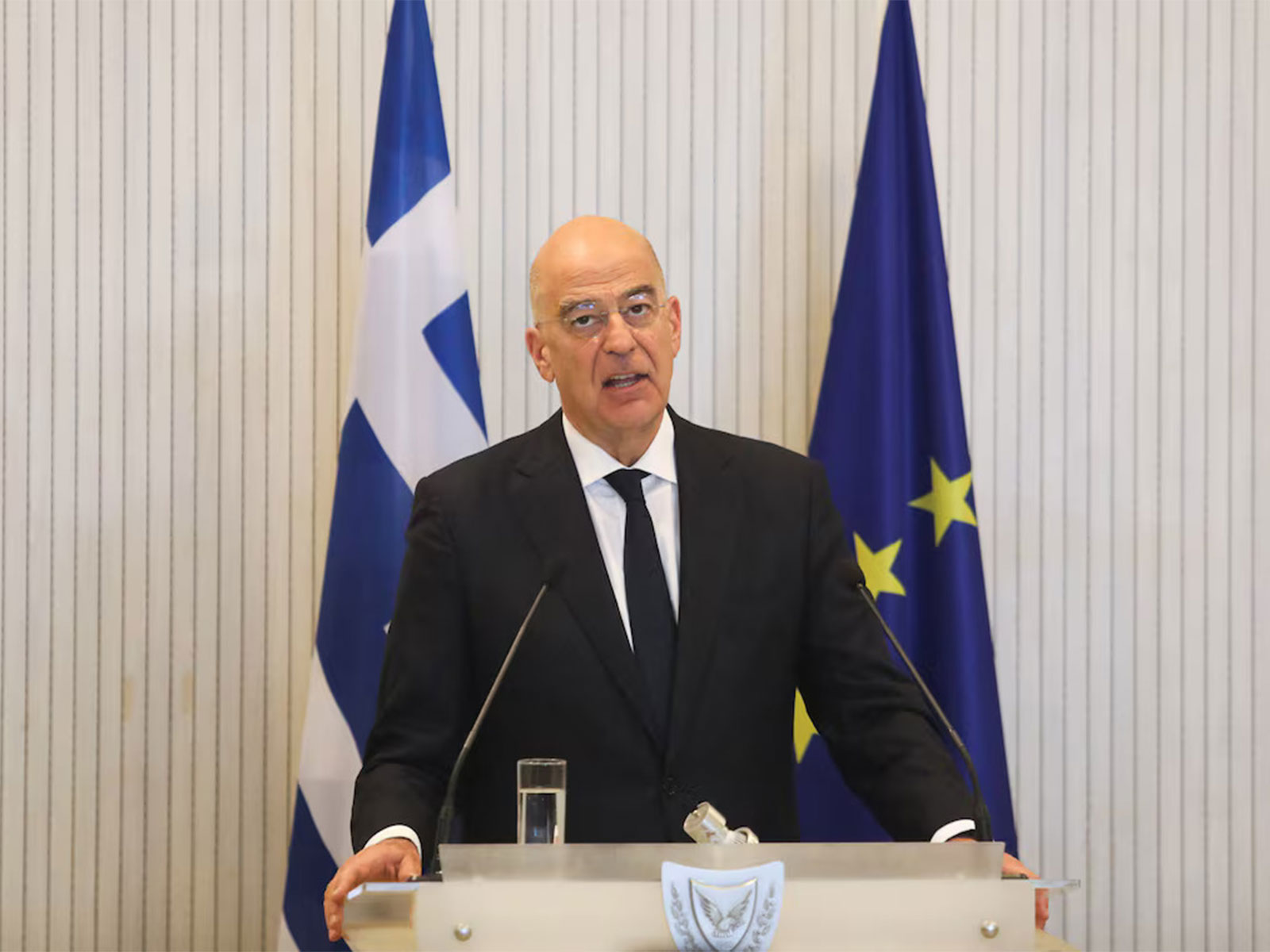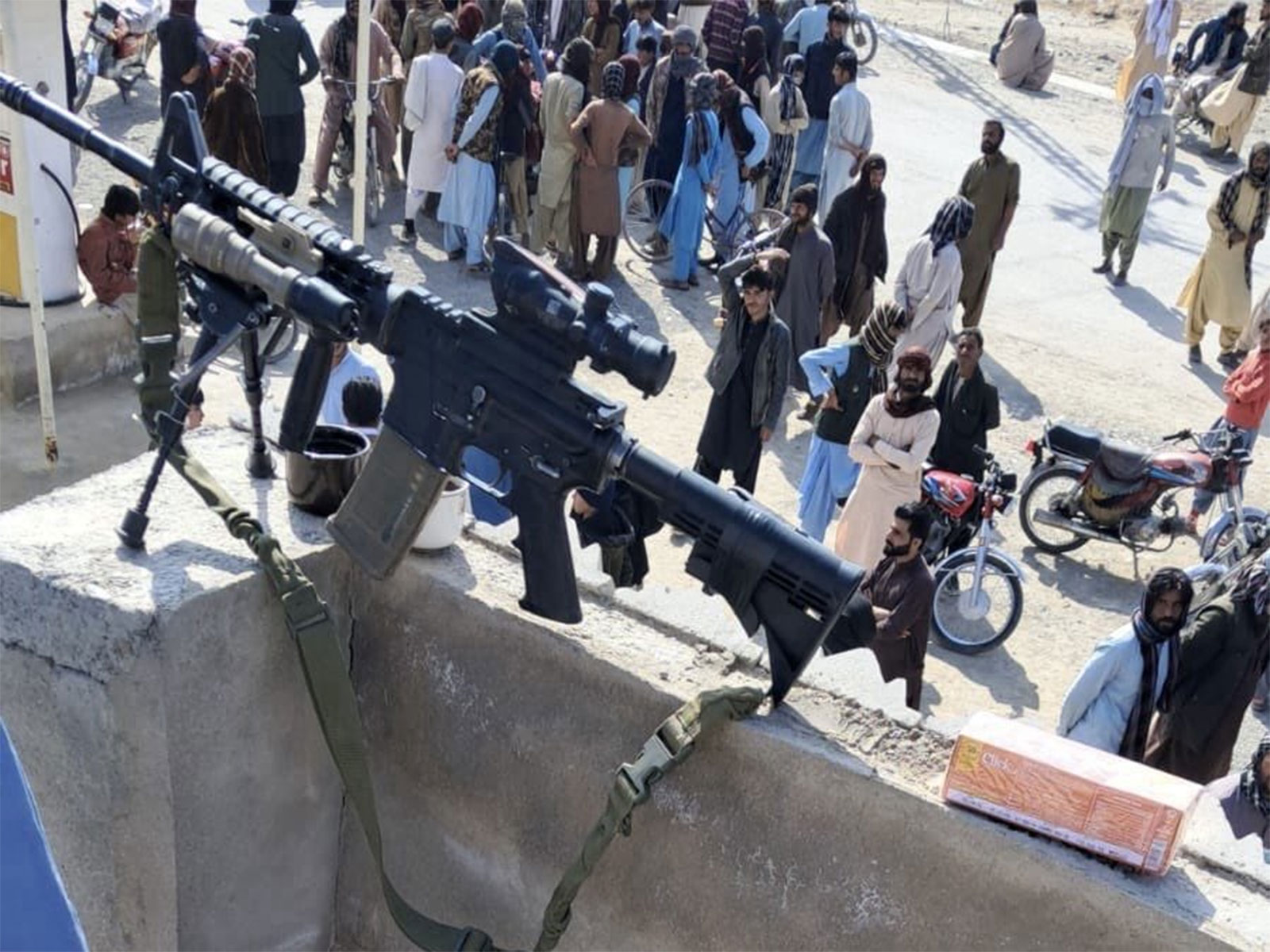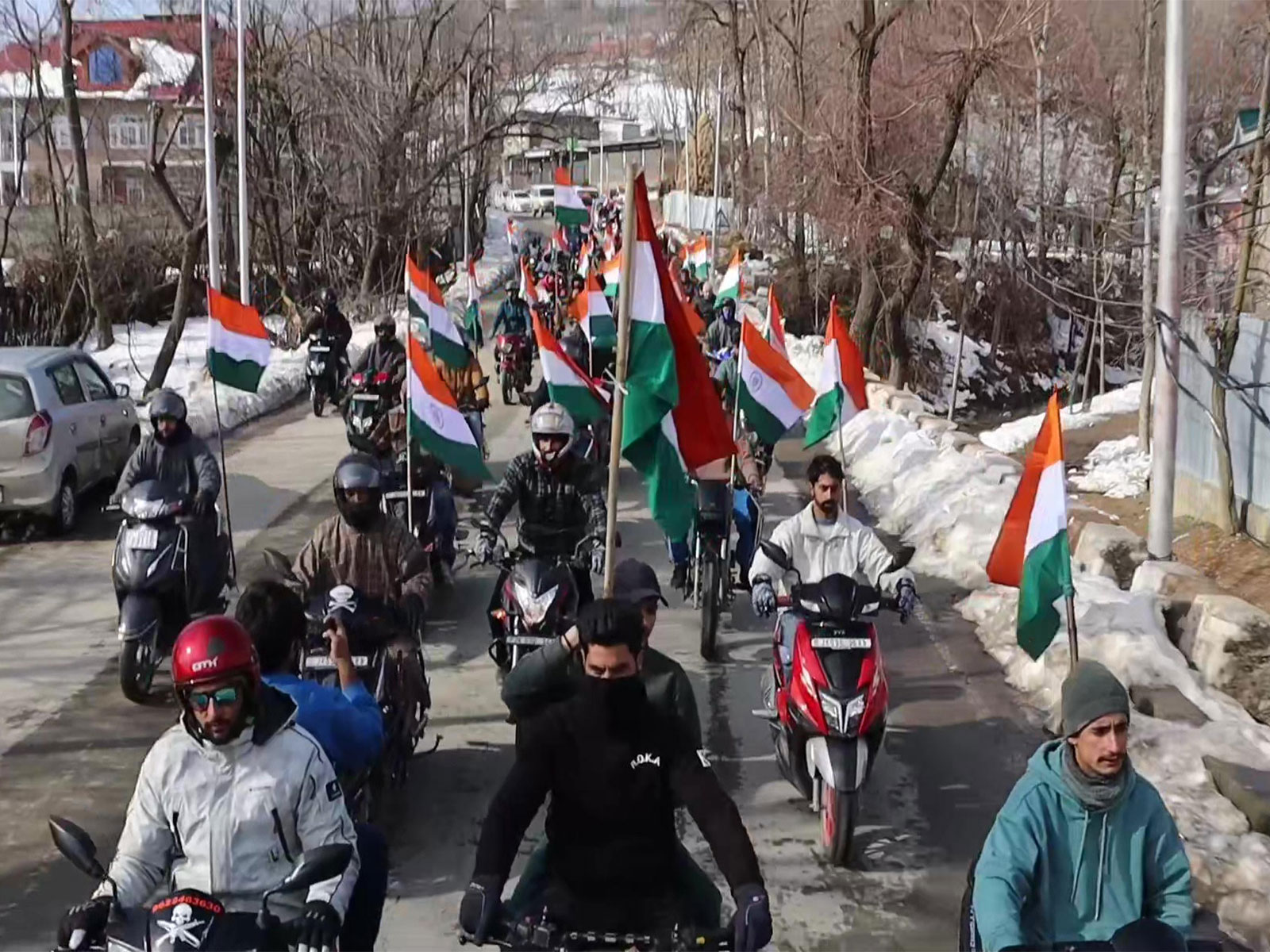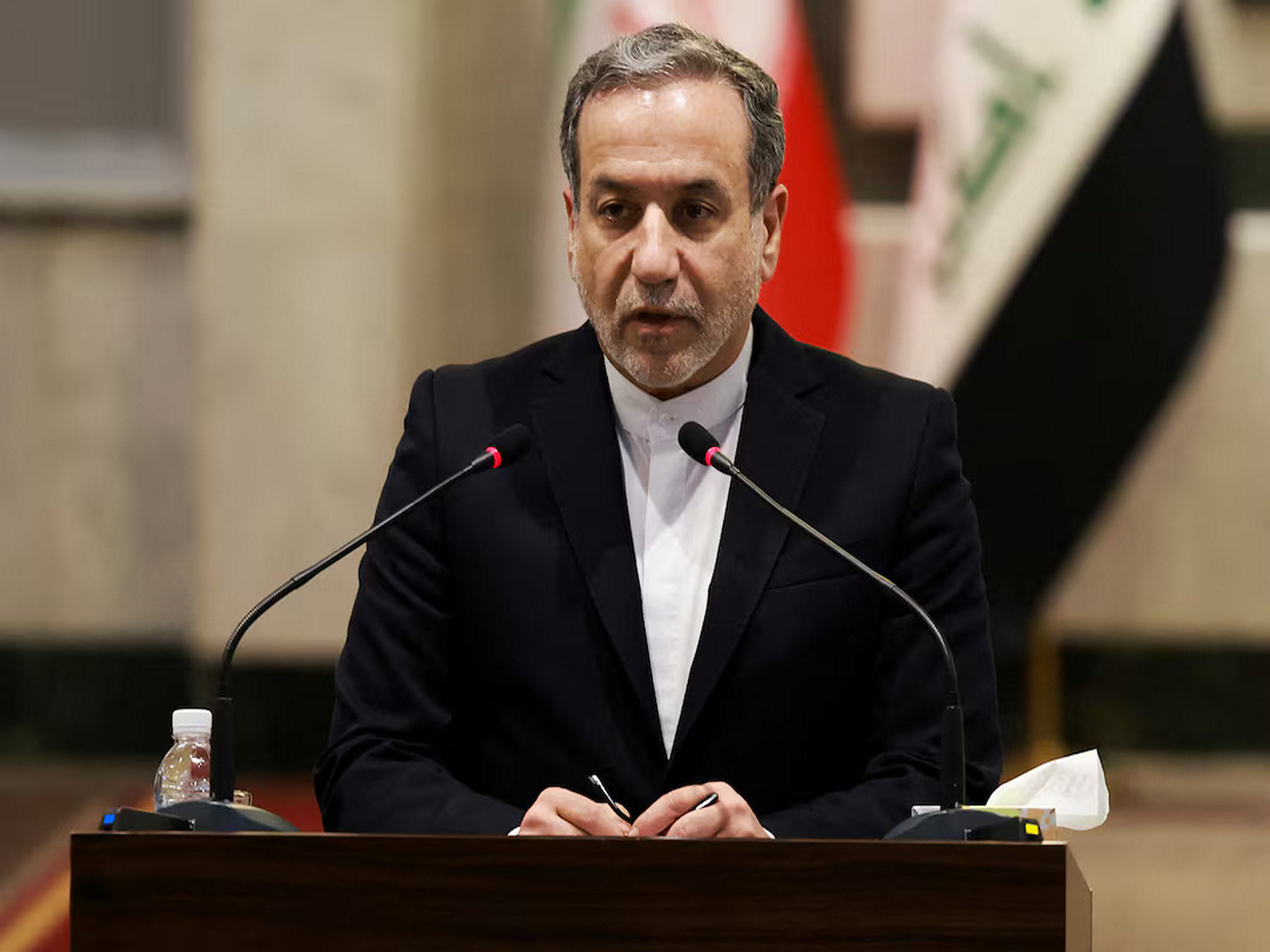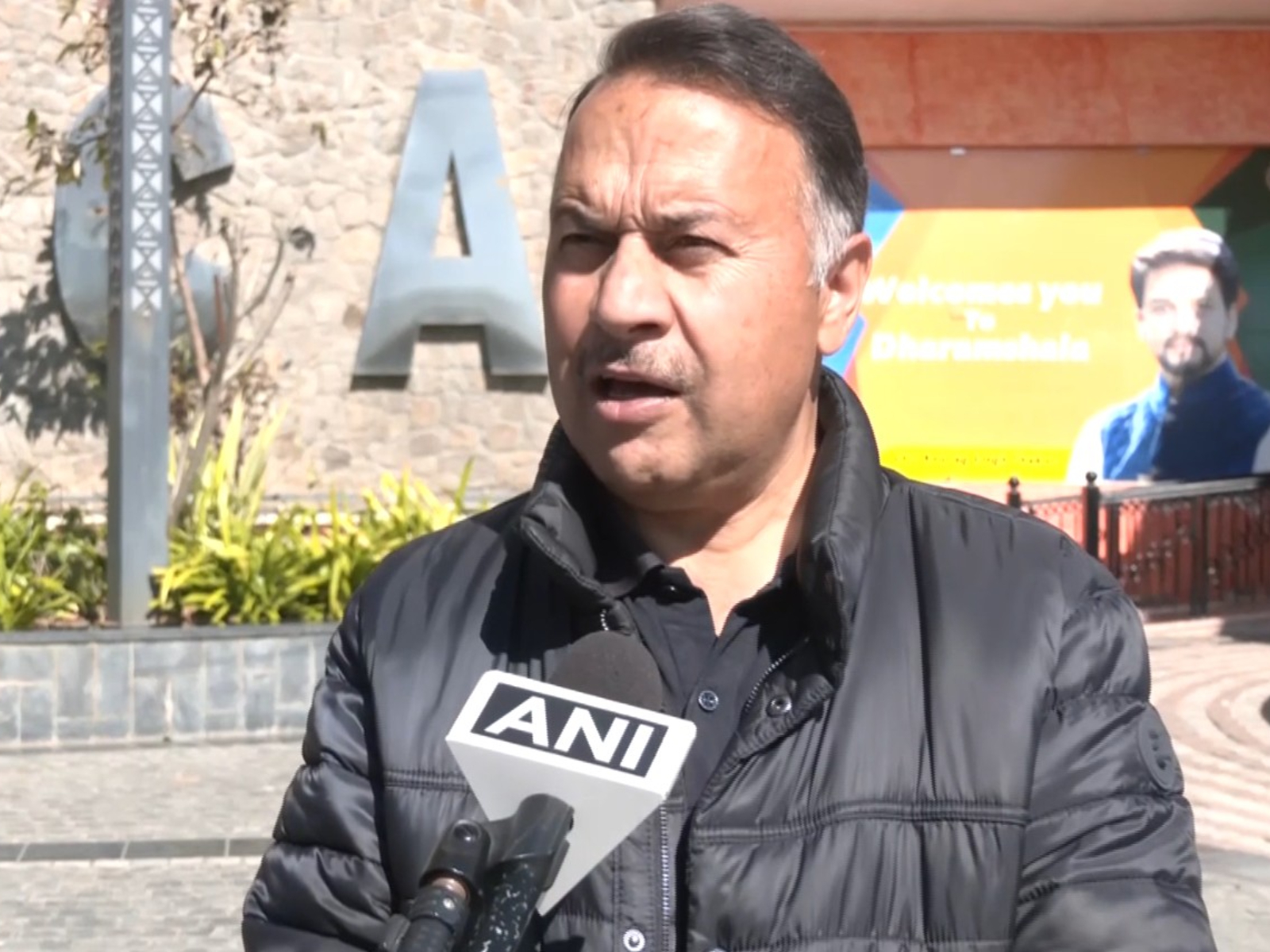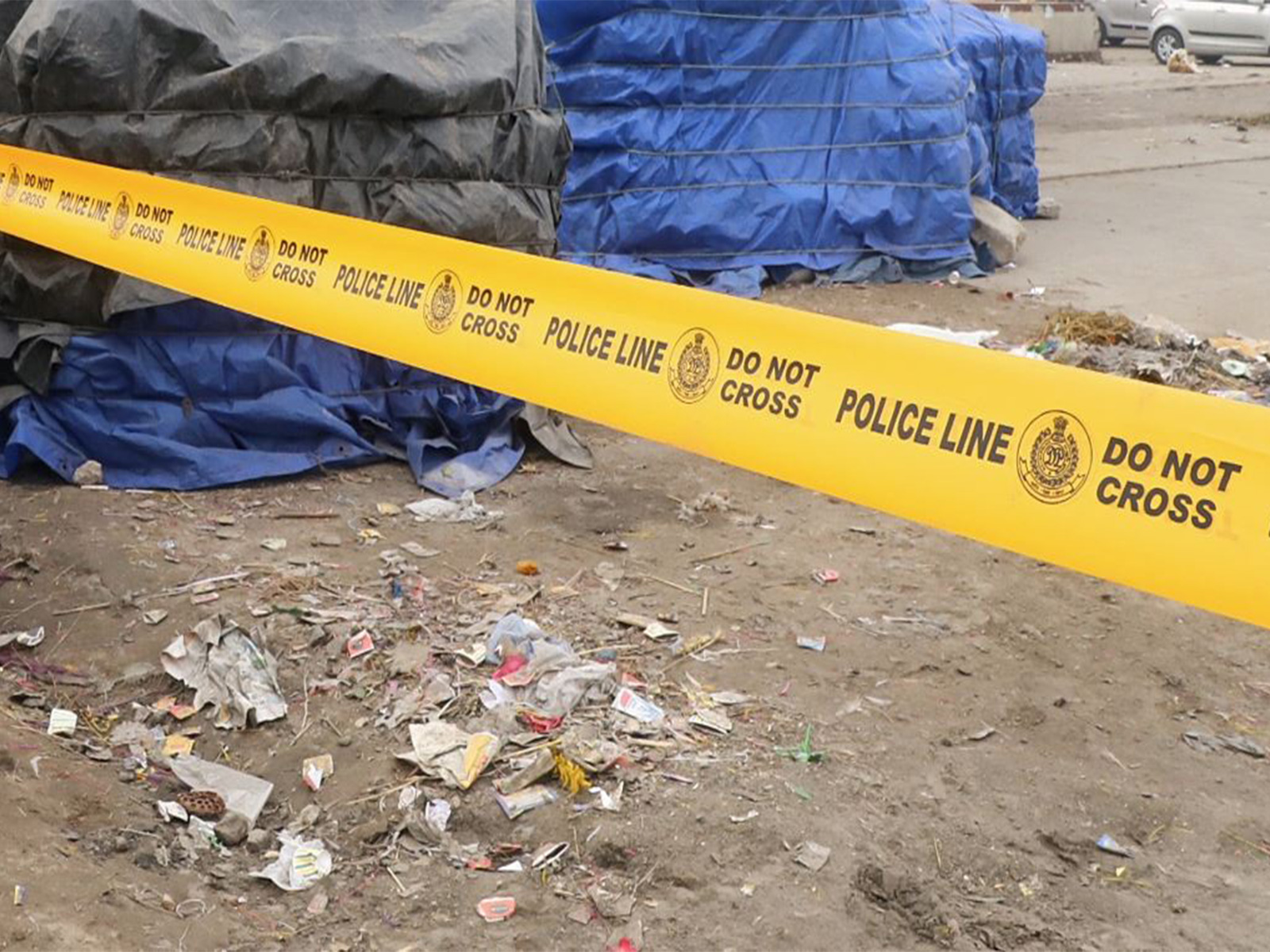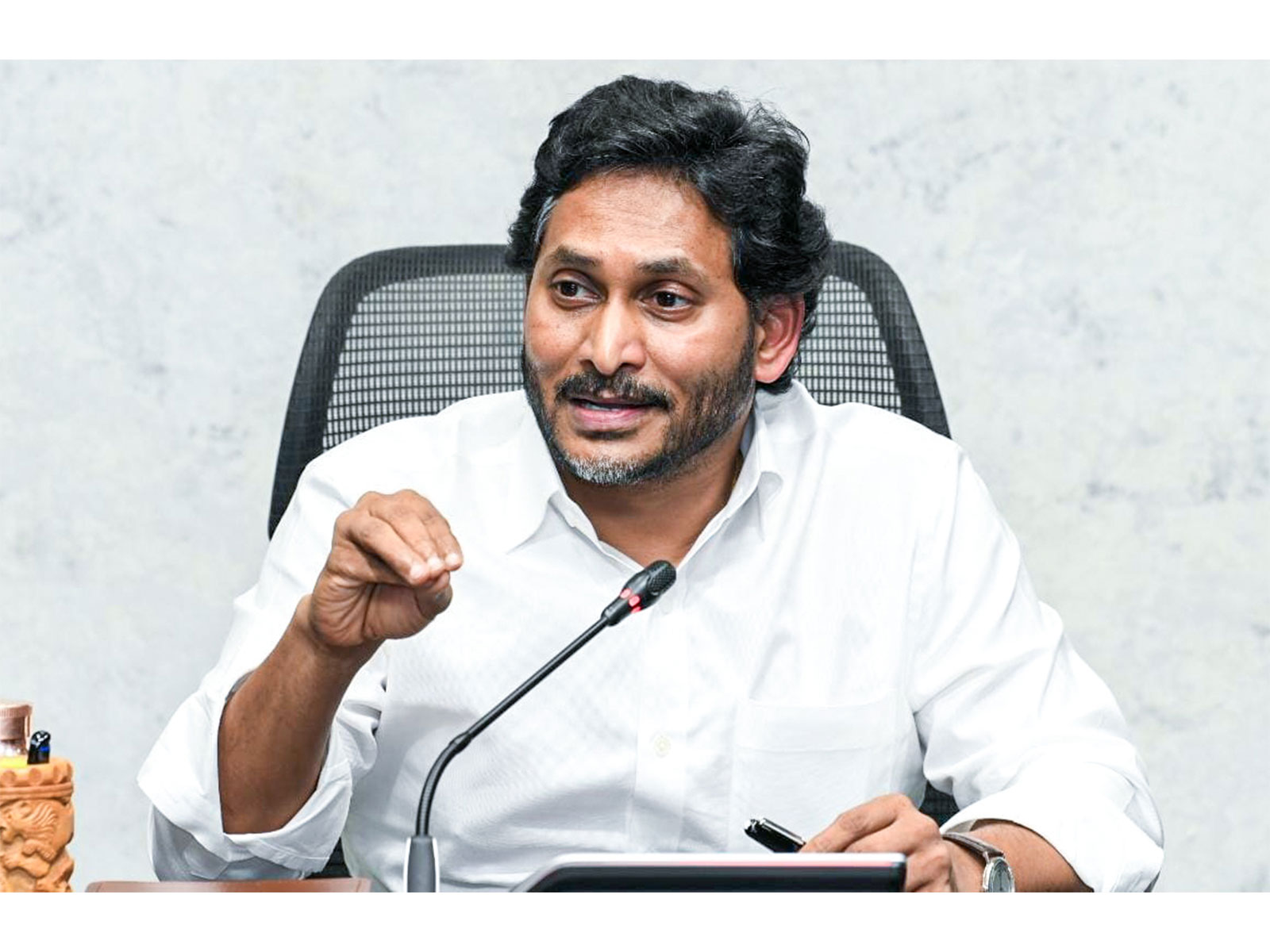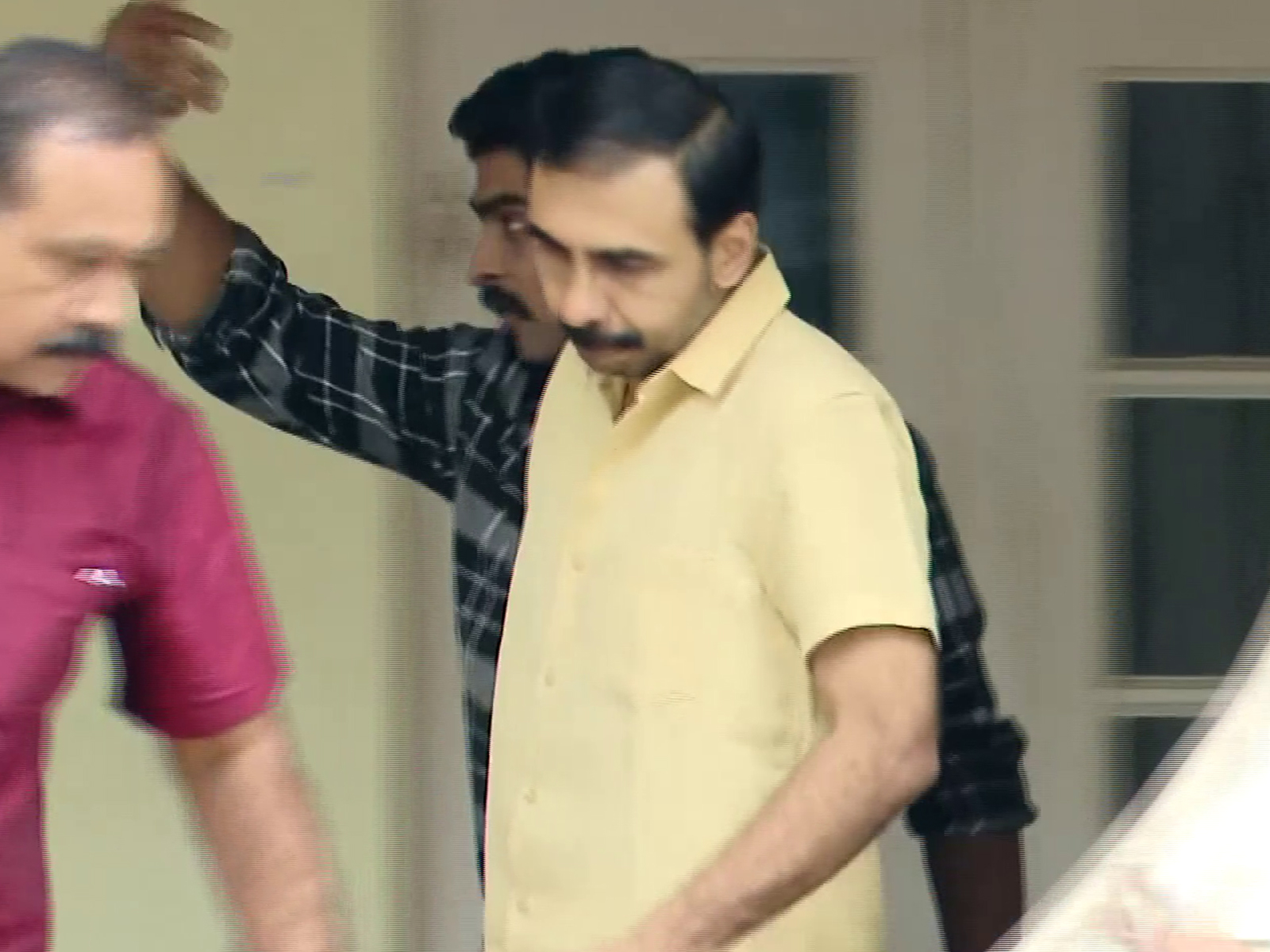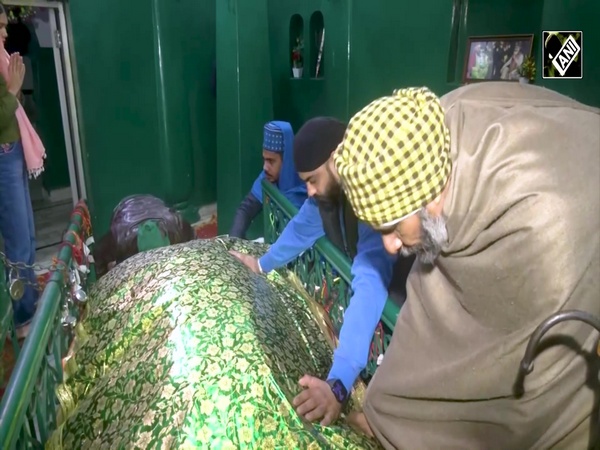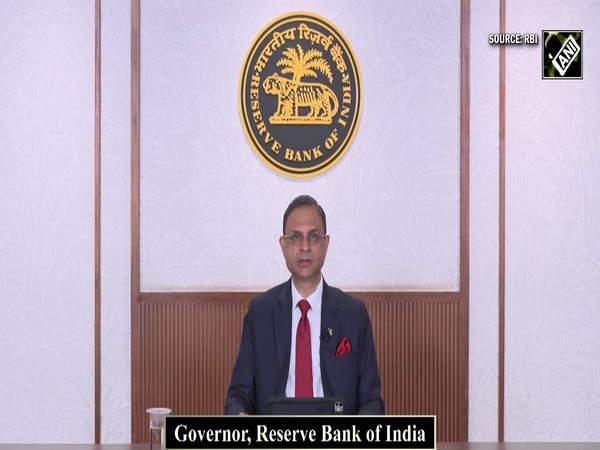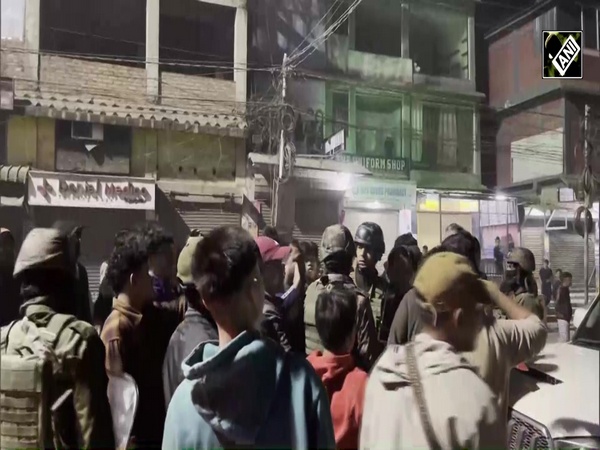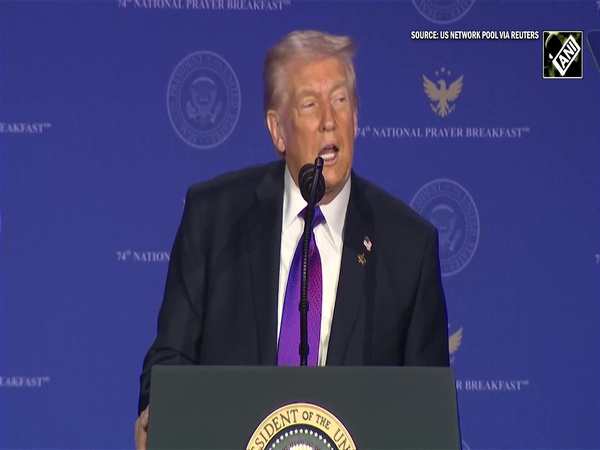US carries out third federal execution in four days
Jul 18, 2020

Washington D.C. [USA], July 18 : The US Justice Department on Friday (local time) carried out its third federal execution in four days after the punishment was revived by the Trump administration following a 17-year hiatus.
Officials executed Dustin Lee Honken at a federal penitentiary in Terre Haute, Indiana, on Friday afternoon. He was pronounced dead at 4:36 p.m. (local time), prison officials informed The Washington Post.
Honken was convicted of killing five people, including two young children, and sentenced to death. In 1993, Honken was indicted on federal drug-trafficking charges, after which he and his girlfriend kidnapped and murdered a federal witness, the witness's girlfriend and the girlfriend's daughters, a 6-year-old and a 10-year-old, as per court records. Months later, they also murdered another potential witness.
Before the execution began, Honken briefly spoke, according to a pool report from a media witness. He did not address the victims' relatives bearing witness. His last words were, "Holy Mary, mother of God, pray for me."
Honken's lethal injection came on the heels of federal officials carrying out two other executions in Indiana.
On Tuesday morning, the federal government executed Daniel Lewis Lee, convicted for his role in killing a family of three. Two days later, it executed Wesley Purkey, convicted of raping and murdering 16-year-old Jennifer Long.
The death penalty has declined significantly in recent years, with fewer death sentences and executions. There were 22 executions in 2019, down from 98 in 1999.
Since the last federal execution, several states have moved away from the death penalty, including New Hampshire, which last year became the 21st state to abolish capital punishment.
The Justice Department had initially planned to restart executions last year along a similarly busy timeline. Attorney General William P Barr announced last summer that it would begin carrying out executions again with a new lethal-injection protocol -- using only the drug pentobarbital -- and scheduled three executions over five days in December.
But those plans were scuttled by legal challenges to the protocol, which was eventually upheld in court. Then this week, with the scheduled executions looming, they were repeatedly put on hold, then given the green light through numerous legal battles.
